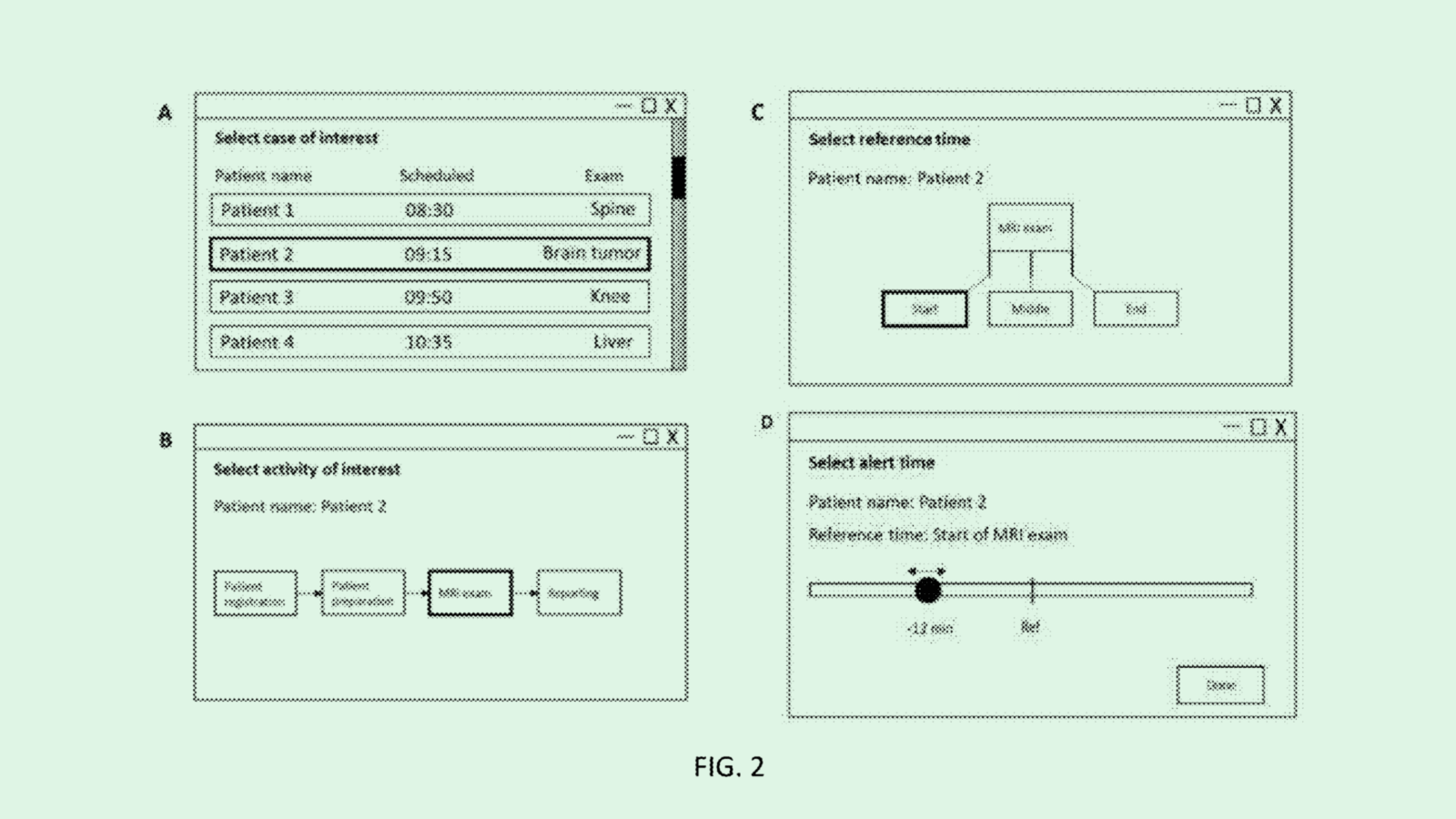
Sign up for smart news, insights, and analysis on the biggest financial stories of the day.
President Obama once called nurses “the beating heart of our medical system,” but the pandemic resulted in virtual cardiac arrest.
Luckily, legions of US nurses who left their staff positions during peak COVID because of arduous schedules and heavy patient loads, or because they could make better money working temporary jobs, are now returning to hospitals, The Wall Street Journal reported.
Code Blue
The first nurse shortage to rattle the US happened during the Great Depression when doctors began relying more on complex health technology and legislators pushed for shorter work weeks. The pool of available nurses just couldn’t meet the demand. During World War II, plenty of the nurses serving overseas in the military had been pulled from suddenly understaffed hospitals and doctors’ offices.
Jumping ahead to the pandemic, the sheer amount of patients and working hours were just otherworldly, causing many nurses to look for temp jobs elsewhere or just take a break altogether. In the past two years, about 100,000 registered nurses quit their jobs due to burnout, and another 610,000 said they intend to leave the field by 2027, according to a study from the National Council of State Boards of Nursing.
However, the tide seems to be turning at some hospitals:
- Falling pay at temp roles, rising wages at hospitals, and new perks including flexible schedules, child care, and less demanding positions are driving nurses back to full-time staff jobs.
- For example, at HCA Healthcare – the nation’s largest public hospital chain – hiring of nurses went up 19% in the first three months of the year compared to the same time in 2022, and turnover is going back toward pre-pandemic levels, the WSJ reported.
“The boomerang nurses have returned,” Houston Methodist’s chief nurse Gail Vozzella told the WSJ.
Back to work: Over in Italy, Premier Giorgia Meloni’s government is taking a slightly different approach to luring nurses and everyone else back to the job market, Bloomberg reported. A May Day Decree will tax workers a little less on their earnings but also shrink the number of people eligible for “Citizen’s Income,” a welfare package set up under former Prime Minister Giuseppe Conte. Think of it like a carrot-and-stick approach to reigniting employment.











